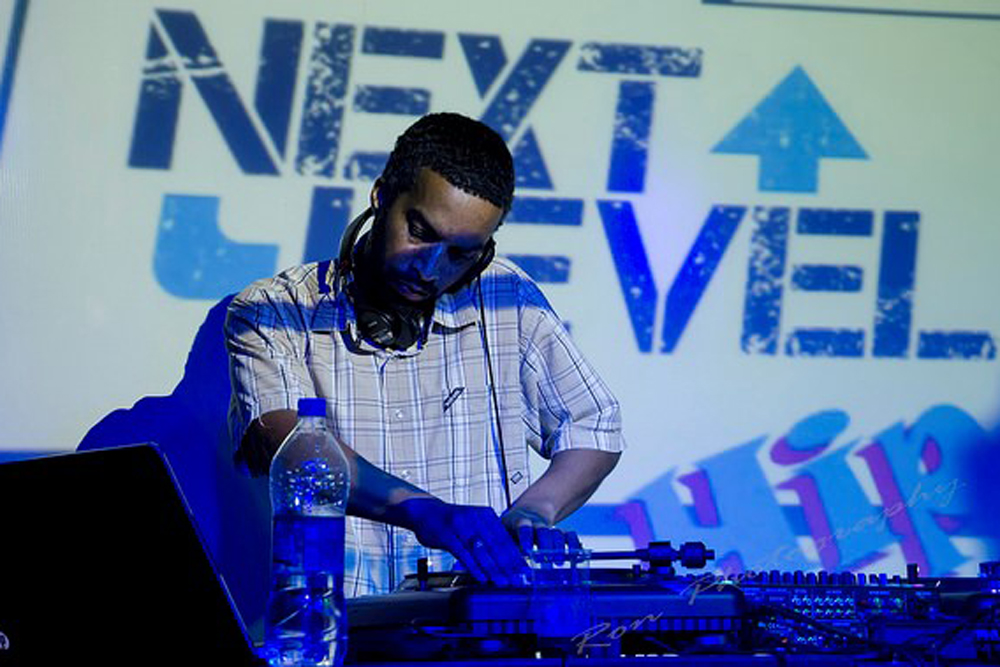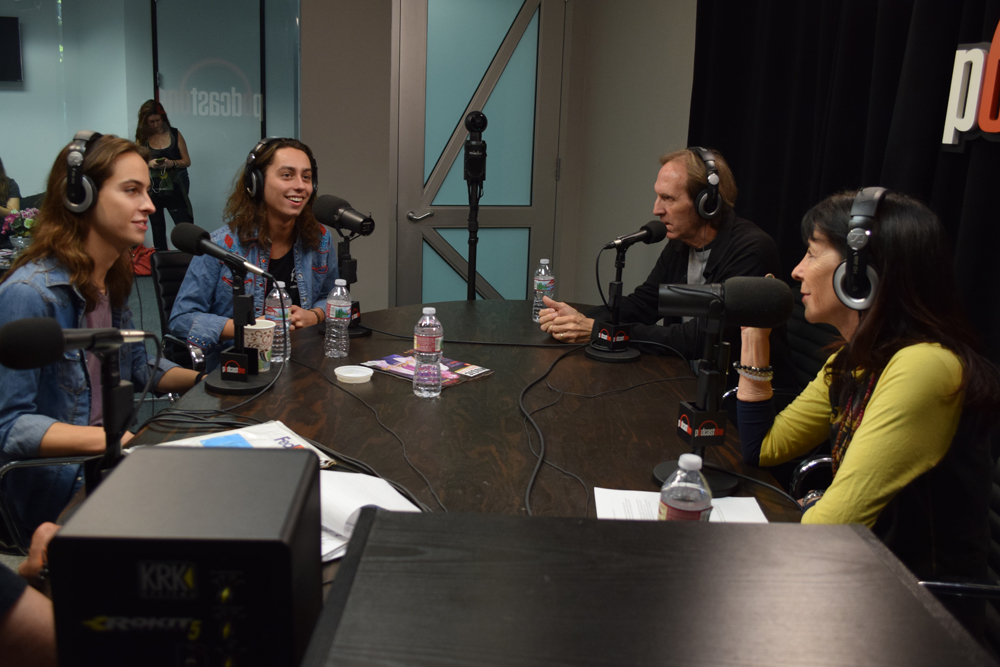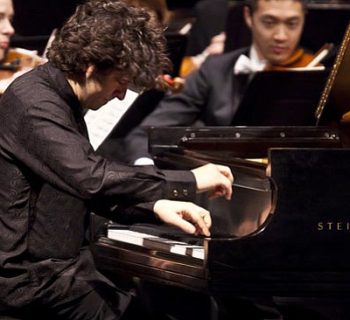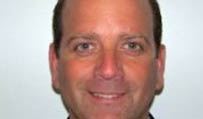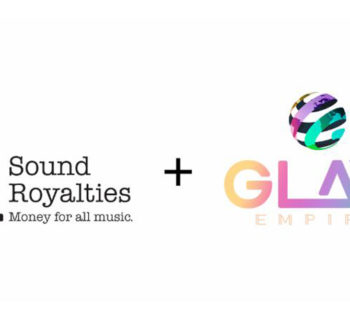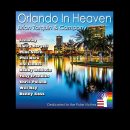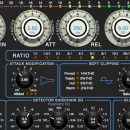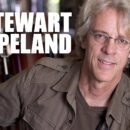When Scott Page, best known for playing saxophone and guitar with Pink Floyd, Toto and Supertramp, first met Shelita Burke, it was all about business. The blossoming songwriter noticed Page had followed her on Twitter, recognized his involvement in the music technology space and requested a half-hour of his time. After meeting over coffee, Burke appeared on his radio show, Business Rock Stars, then started working for his company, Ignited, writing algorithms for his app. “She’s a genius,” exclaims Page, who began “pseudo managing” her.
Burke started her first business at 12 and is an expert on artificial intelligence. Despite becoming a senior software engineer and data scientist for Microsoft, about a year ago she quit that job to make music her full-time pursuit. At that time, she had just 200 Twitter followers.
Now, she’s up to over 250,000. She held the number one and number two spots on Hype Machine, simultaneously. And on Spotify she’s racked up over 3 million plays. All of this done without a label. Suggesting Burke isn’t your typical artist is an understatement. So how did this young performer reach such an enviable position?
One way is by inventing a unique hack––utilizing sites like Meetup.com and Couchsurfing.com to generate audiences for markets before she visits them. Another is by seeking superfans who’ll host house parties in territories she’s already touring, making the journey a twofer. “Super fans become like marketers for you,” she concludes. “They spread the word.”
Burke is all about creating direct relationships with people, even those who listen to entirely different genres. Specifically, she cites metal heads as a demographic she targets. If somebody’s listening to her music online, she’ll comment with a note of thanks. “You’re establishing a connection with that person,” she observes. “And that registers with fans because they want to be noticed.”
Another manner in which she creates bonds is by live streaming her practice sessions, something she used to do once per week but these days does only monthly. “In the beginning, I was getting between fifteen and a hundred people watching,” she admits. “Eventually, I had 13,000.”
She even does something similar while performing, actually writing songs on stage. Doing so provides an intimate glimpse into the creative process that builds rapport with consumers. “I learned to do this by studying data and the behavior of the audience. That’s something every artist should do. The more you acknowledge your audience, the more successful you’ll be.” As she puts it, connecting with your audience means making it about them, not about you.
Subsequently, she measures a successful song by the number of times it’s shared, not how many times it’s liked. Further, it’s imperative to move beyond the family and friends bucket. “You need to start getting objective points of view,” she points out.
Burke began by busking on the streets of Seattle, yet as she started playing venues the quality of her work began diminishing. This caused a conscious decision to refocus on writing and rehearsing. After all, an artist is only as good as her product. To that end, she writes three or four songs every day. Along with her producer, Marcus Bell, she releases new songs every three months, allowing her a constant stream of material with which she can engage on social media. Notes the twenty-something, “The more music I put out, the more people gravitated toward what I was doing.”
Inspired by Miles Davis, who reportedly locked himself in a room until he had an original sound, Burke imposed a listening ban on herself until she did the same. Before doing so, she gorged on performers like Duke Ellington and Nina Simone. She only knew she’d hit upon something unique when Page and Bell both told her she’d done so. Her fans expressed how much they loved her “weird and unique” sound but, “When you have someone telling you that from the music industry,” she opines, “it must be true.”
Burke's musical voice also reflects her personality—technical, analytical and unrelentingly savvy. Employing the science behind ASMR (Autonomous Sensory Meridian Response) she places sounds commonly reported as pleasurable within her songs. “Everybody has certain frequencies of sound and movement that trigger what I like to call a brain tickle or a brain orgasm,” she instructs. “I figured out which frequencies and notes do that to people.” The response has been to engender responses in crowds that go beyond mere approval. “The audience always tells me, this really touched my body, this touched the back of my brain. They’ll describe to me physically what they felt.” She was even able to achieve this result at a country western bar, despite her music being “a total 180 degrees from country western,” as Page puts it.
The rapidly evolving music marketplace demands innovative strategies and Burke’s achievements have caused others to take notice. She recently spoke at UCLA, as well as Social Media Marketing World, where metrics showed her outperforming major stars. For those interested, she teaches a course on these matters, dubbed Audience Academy. Page declares, “She’s going to be one of those people who leads the revolution on how this stuff goes down for independent artists.”
Burke’s debut EP is now available.
Contact Scott Page, 818-489-3098, iamscottpage@gmail.com


